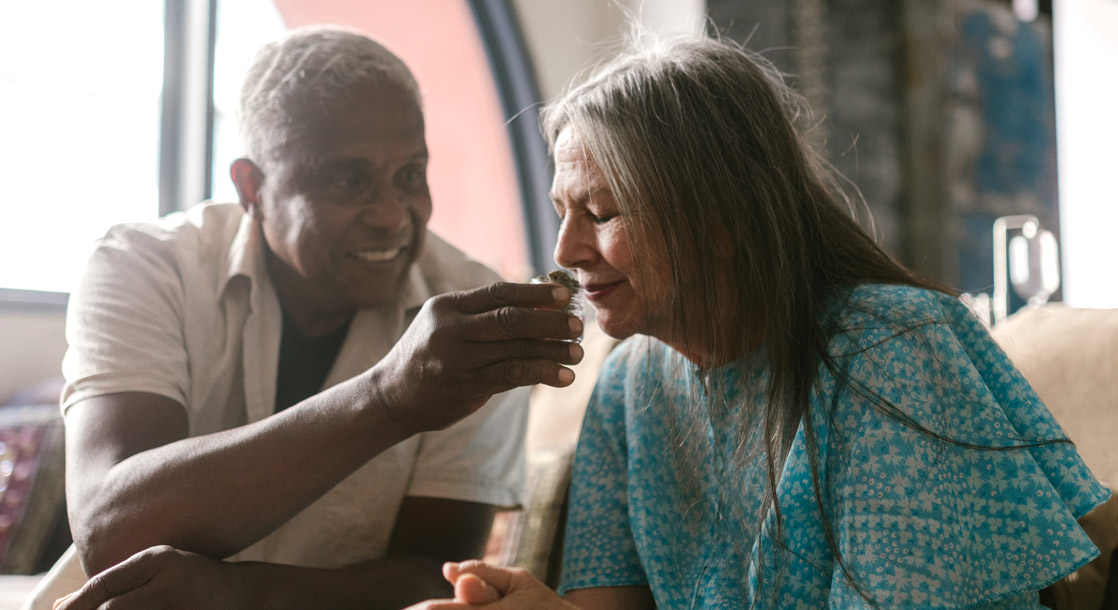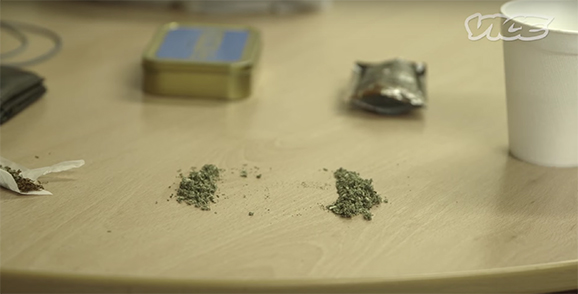Pennsylvania just launched a new pilot program that will help low-income senior citizens pay for medical marijuana.
From now until June, the state Department of Health will give nearly 1,400 senior citizens $50 a month to help cover their medical cannabis costs. These funds will only be issued to registered medical cannabis patients who are also enrolled in PACE and PACENET, two state-funded programs that offer low-cost prescription medicine to low-income adults over the age of 65.
The new pilot program is the third phase of the state’s new Medical Marijuana Assistance Program, which is designed to help lower-income adults afford their medicine. In the first two phases of the program, the state stopped charging low-income patients for annual medical marijuana card renewals and eliminated background check fees for eligible caregivers. The third phase aims to help patients afford medical cannabis, which is not covered by Medicare or private insurance programs.
“The department is pleased to be able to expand assistance to Medical Marijuana patients and caregivers who may be experiencing financial hardships,” said Acting Secretary of Health Keara Klinepeter in a statement celebrating the program’s launch this March. “Patients deserve to have access to their medicine to treat medical conditions and cost should not be a barrier.”
According to Medical Marijuana Program Director Laura Mentch, the average patient spends about $275 a month on cannabis. And out of the state’s 423,000 registered medical marijuana patients, around 23% qualify as low-income. This leaves nearly 100,000 Pennsylvanians with limited means to afford their medicine. The new pilot program will help, but it will only be available to about 1,400 seniors, which only accounts for about 14% of all low-income patients in the state.
Health officials would ideally like to expand the program to include all low-income patients, but currently do not have the means to fund this expansion. The total cost of the new pilot program for seniors will amount to about $560,000, but expanding to cover all low-income patients could exceed $39 million. The state Medical Marijuana Program Fund actually has a balance of over $96 million, which is more than enough to expand the program, but state law imposes very specific restrictions on how this funding can be allocated.
“The Medical Marijuana Program Fund provides funding for more than just financial assistance,” explained DOH spokesperson Maggi Barton to the Pittsburgh Post-Gazette. “The Medical Marijuana Act imposes limitations on the uses of funding in the Medical Marijuana Program Fund. The division of operating funds is limited by regulation and only a small portion … can be used for all three phases of the MM Assistance Program.”
Cover image via











